Life
-
 Science & Society
Science & SocietyThe U.S. prison system can harm young brains, scientist warns
The U.S. justice system holds teens to adult standards. And that can harm a teen’s developing brain, one researcher now argues.
-
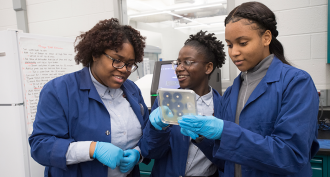 Microbes
MicrobesTeens swipe a door handle and find an antibiotic
Three teens swabbed a smartphone, a door handle and a hand dryer. The new bacterium they turned up can kill other types of germs.
-
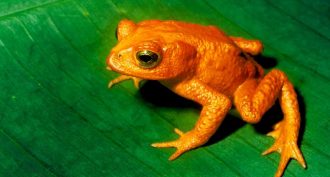 Animals
AnimalsA million species could vanish, and people are to blame
Human activities are putting a million plant and animal species at risk of extinction, a new study finds. But it’s not too late to save many of them, scientists add.
-
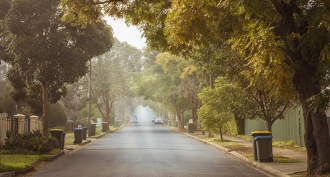 Environment
EnvironmentCity living makes trees grow fast but die young
Many cities plant trees to absorb carbon dioxide. But city trees grow fast and die young, which means they absorb less carbon dioxide than forest trees do.
-
 Animals
AnimalsYoung aphids sacrifice themselves to make home repairs
Young aphids swollen with fatty substances save their colony by self-sacrifice. They use that goo to patch breaches in the wall of their tree home.
By Susan Milius -
 Earth
EarthReliving the last day of the dinosaurs
The Chicxulub crater is helping reveal what happened on the day a 12-kilometer-wide asteroid slammed into the Gulf of Mexico, 66 million years ago.
By Beth Geiger -
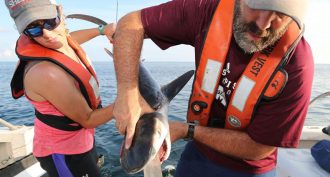 Ecosystems
EcosystemsTiger sharks feast when migratory birds fall out of the sky
Migrating land-based birds that fall from the sky as they cross the Gulf of Mexico can end up in the belly of a young tiger shark.
-
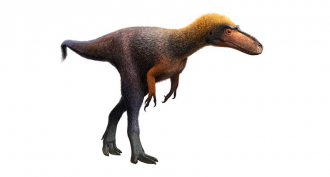 Fossils
FossilsThis tiny dinosaur is officially T. rex’s cousin
A newly identified dinosaur species fills a gap in the tyrannosaur family tree.
-
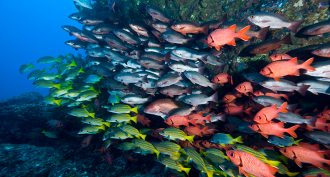 Microbes
MicrobesSlimy fish could aid the search for new drugs
Fish slime could teach scientists about bacteria that live on fish and aid in the hunt for new kinds of antibiotics.
-
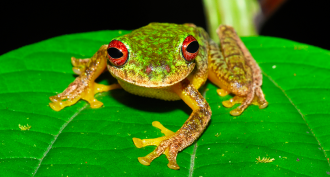 Animals
AnimalsAnalyze This: Amphibian populations are on the decline
The chytrid fungus has been wiping out amphibians around the world. Scientists have tallied up the declines and found that the fungus is responsible for dozens of extinctions.
-
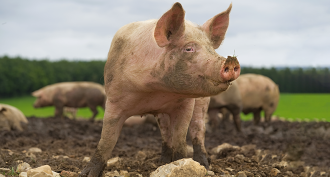 Life
LifeIn a first, scientists keep cells alive in the brains of dead pigs
They’re not true zombies — but these pig brains showed signs of cellular life long after the animals had died.
-
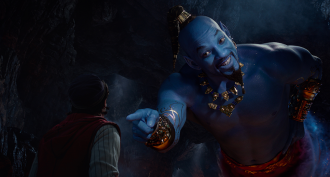 Animals
AnimalsLet’s turn a genie blue
Aladdin’s genie is very magical. He’s also blue. What might explain that? Nature has some tricks on offer.